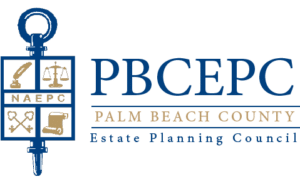
Medicare is health insurance provided by the government with a small premium that will either be billed to you, or if you are collecting social security, it will be deducted from your check. During your life, if you worked, you paid into Medicare each paycheck. Medicare Part A is no charge, but Medicare Part B is a minimum of $148.50 per month, per person, unless your combined income is more than $176,000 for a couple or $88,000 for a single person. The premium goes up depending on your income. Once on Medicare, your health insurance is individual, meaning there are no family plans or husband and wife plans, etc.
The health insurance, referred to as Part A and Part B, covers a portion of your hospital and medical expenses. As it is partial coverage, it is not enough on its own. You will need a supplemental plan or a Medigap to make the coverage complete.
Medicare Part D is your prescription drug coverage. This is comprised of about 40 different companies that contract with Medicare to offer you coverage for your medications.
When you are ready to enroll in Medicare, you must do so by contacting your Social Security office either by phone, in person or online. You do not need to be collecting your Social Security benefits in order to obtain Medicare. You are eligible for Medicare by virtue of turning 65, being on disability under 65 or being an End Stage Renal patient.
Some people wonder if they should stay on their Employer Plan once they turn 65. The answer is different for everyone. If you are paying a large premiums for your Employer Plan, the answer is no. If it is fully covered, then you may want to stay for a while.
Medicare is the best coverage option because it can be used anywhere in the country and is accepted by approximately 99% of doctors and hospitals in the country. No referral is ever needed. There is no network of doctors to work around. You can see a doctor in Florida and then go to New York to see a doctor there.
Another option when you turn 65 is obtaining a Medicare Advantage Plan. These plans are more like the plan you had while working. They include the prescription drug benefit and sometimes offer perks like dental cleanings or a pair of eyeglass frames. These plans have networks and must be used in their coverage areas. So you cannot use it in one state and then another as in the earlier example unless it is a medical emergency.
When you are ready to enroll in Medicare and a supplement, it is wise to give a call to someone educated in this arena.
Valerie J. DeSalvo-Bahlkow, Medicare Supplement Specialist.
